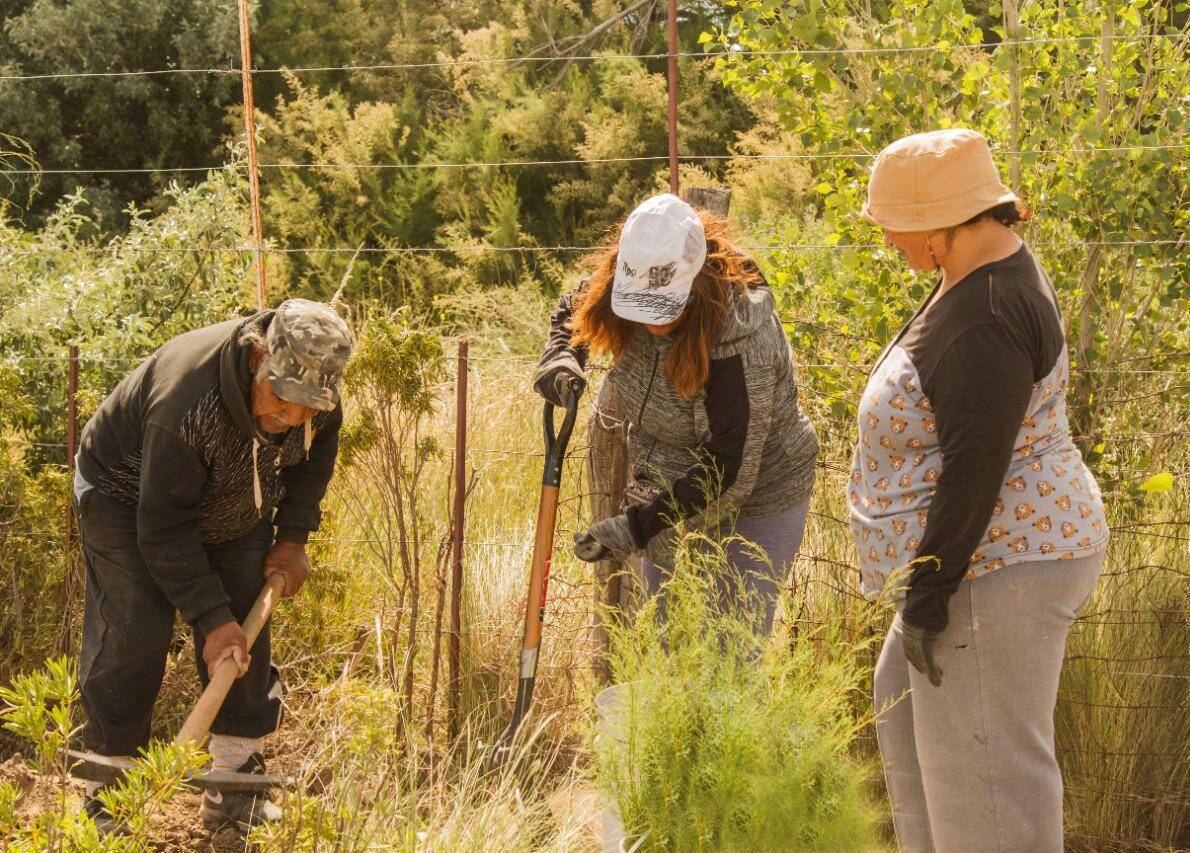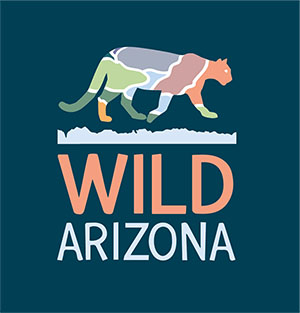Photo By Adam Moss We are seeking volunteers to help study eels in streams of the Hudson River estuary! Volunteers check specialized nets for young transparent “glass eels” as they enter freshwater from their spawning grounds over 1,000 miles away in the Atlantic Ocean. Eels are counted, weighed, and released upstream, and environmental conditions are…Find Out More
Rewilding Volunteer Opportunities

© Tompkins Conservation
Looking for a great rewilding or wildlife related volunteer opportunity in your area? On this page is a growing list of rewilding volunteer opportunities. If you don’t see something in your area, please sign up to receive alerts for volunteer opportunities when they are available near you.
Do you need volunteers for a rewilding project opportunity? Please submit your project details on this form.
Hudson River Eel Project
Rewilding volunteer opportunities can span a lot of different projects, such as:
- Watershed restoration projects
- Dam removals
- Beaver dam analogs for wetland restoration
- Surveys to collect data for wildlife studies
- Grassland restoration
- Forest restoration
- River, lake, and stream projects
- Endangered species research or field projects
- Species reintroductions
- Connectivity projects
- Illegal road removals
If you are a volunteer coordinator for a project that is a relevant rewilding volunteer opportunity, please submit your project details on this form. We’re be happy to help you get all the volunteers needed for your project!
What Is Rewilding?
Rewilding is comprehensive, often large-scale, conservation effort focused on restoring sustainable biodiversity and ecosystem health by protecting core wild/wilderness areas, providing connectivity between such areas, and protecting or reintroducing apex predators and highly interactive species (keystone species). (Read more…)
See also: Rewilding Distilled by John Davis
Why is Rewilding important?
- Because science (conservation biology) data argues that the structure, diversity, and resilience of ecosystems is often maintained by “top-down” ecologic (trophic) interactions that are initiated by top predators.
- Because the same science data argues that bigness is justified, as wide-ranging predators usually require large cores of protected wild landscape habitat for foraging, seasonal movements, and other needs.
- Because science data further argues that connectivity between cores is also required, as remaining core reserves in most regions are typically not large enough.
- Because of the moral argument that humans have a responsibility to other species to restore self-regulating and self-sustaining ecological communities.
- Because science (ecopsychology) argues that “people need nature” for the mental and physical well-being gained by experiencing nature, particularly the subjective and emotional essence of “the wild” or wilderness.
Partner Volunteer Opportunities

Wild Arizona "Our Wild Stew program was founded on the principle that when people come together in an outdoor setting to give back to our public land and enjoy each other’s camaraderie and share good meals, great things can happen! Our projects can range between trail maintenance, native habitat restoration, data collection and monitoring, and more! Browse our calendar of upcoming events!"
